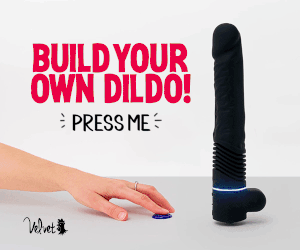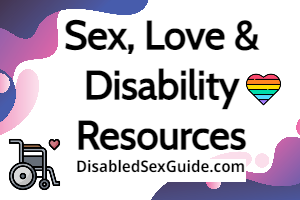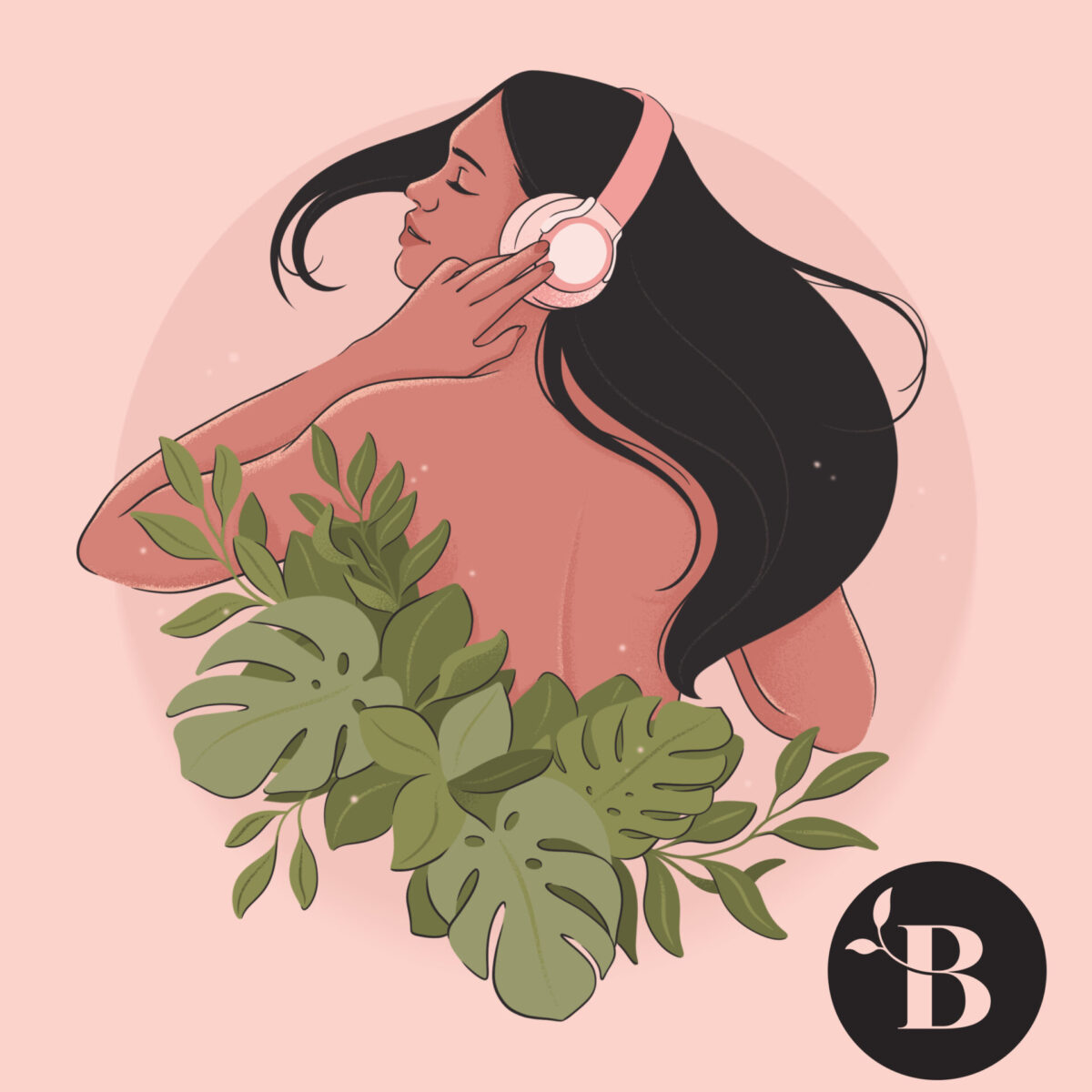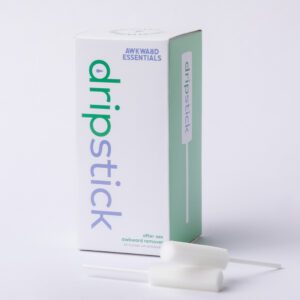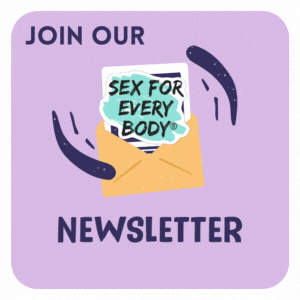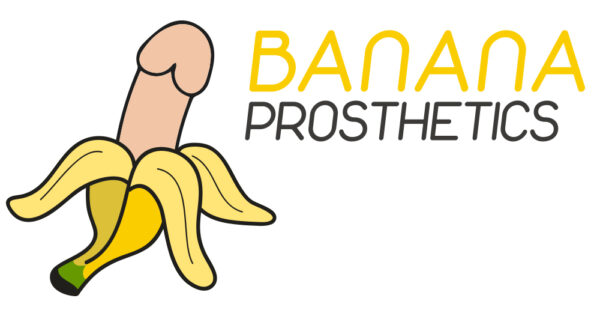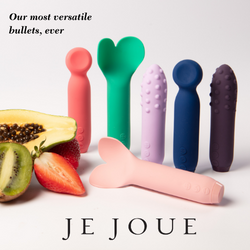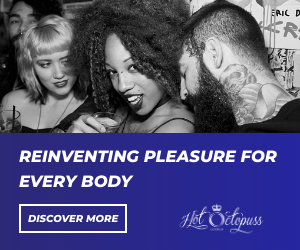Bisexual People with Learning Disabilities Need More Safe Spaces: Study
SexForEveryBody.com is supported by our readers. We may earn a commission if you buy through links on our site. Learn more.
What is it like to be a bisexual person with a learning disability?
That question along with a lack of existing research motivated Claire Bates, Ph.D., an Honorary Research Associate at the University of Kent in the United Kingdom, to conduct a study of her own.
Bates is also the founder of Supported Loving, a human rights-based campaign with the goal of enabling people with intellectual disabilities and/or autism to experience sexual and romantic freedom. She also co-runs a social group for LGBTQ+ people with intellectual disabilities in London.
As part of the research study, Bates spoke to eight participants, asking each about what their life is like and how they experience the world as a bisexual person with a learning disability. In total, three women and five men participated
The study used an “interpretive phenomenological analysis” to analyze the narratives of each participant’s responses given during semi-structured interviews.
The findings, which were published in the Journal of Bisexuality, showed that bisexual people with learning disabilities face challenges from both mainstream society and from within the LGBTQ+ community.
Specifically, the study highlighted that being bisexual was an “essential” aspect of the participant’s identities. It also showed that they also face the same challenges of “biphobia” experienced by bisexual people without intellectual disabilities.
Related Read: Sexual Health for Women with Disabilities
However, bisexual participants with learning disabilities found it difficult to disclose their sexual identity to family, friends, and support staff. Participants said they did not like when friends and family joked about their sexuality. Responses also revealed a fear of being bullied and shamed.
Finding a romantic partner that did not also identify as bisexual could also be a challenge. The respondents shared that there was also a need for better educational resources at school about sexuality, bisexuality in particular.
The study put an emphasis on the respondents’ fear of being bullied and teased because they had witnessed the poor treatment of others like them. To cope, participants shared that they’ve gone to Pride event and joined LGBTQ+ support groups.
Through this study, Claire Bates came up with the following suggestions:
- More LBGTQ+ groups and safe spaces created for people with a learning disabilities
- Organizations need training to understand the challenges faced by bisexual people (or anyone who is LGBTQ+) with a learning disabilities in order to help them feel safe and stop bullying
- People with learning disabilities need support and access to education about their sexuality if they want or need
- This should include understanding about different sexualities including being bisexual as some people are scared when they experience feelings for people of different genders as they have never had the opportunities to explore this or even have the words to explain
Image source: Michael Page
Sex For Every Body® is an online publication that celebrates sexual and body diversity.
Our goal is to make sex education resources easier to access and more inclusive, particularly to people living with disabilities and those healing from sexual trauma.
In addition to sharing adult sex-ed resources and guides, we also offer updates and analyses on issues related to sexual health, sexual education, and sexual expression. Learn more about Sex For Every Body®.


